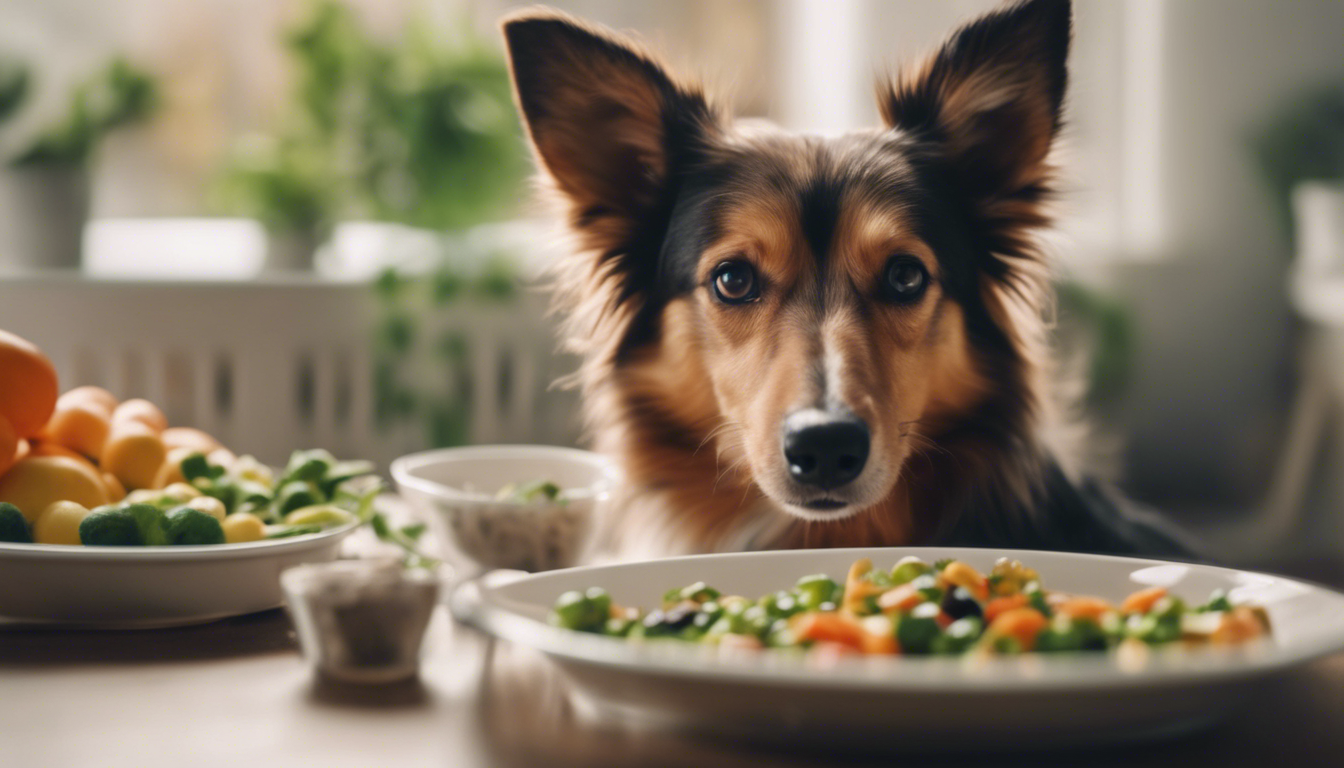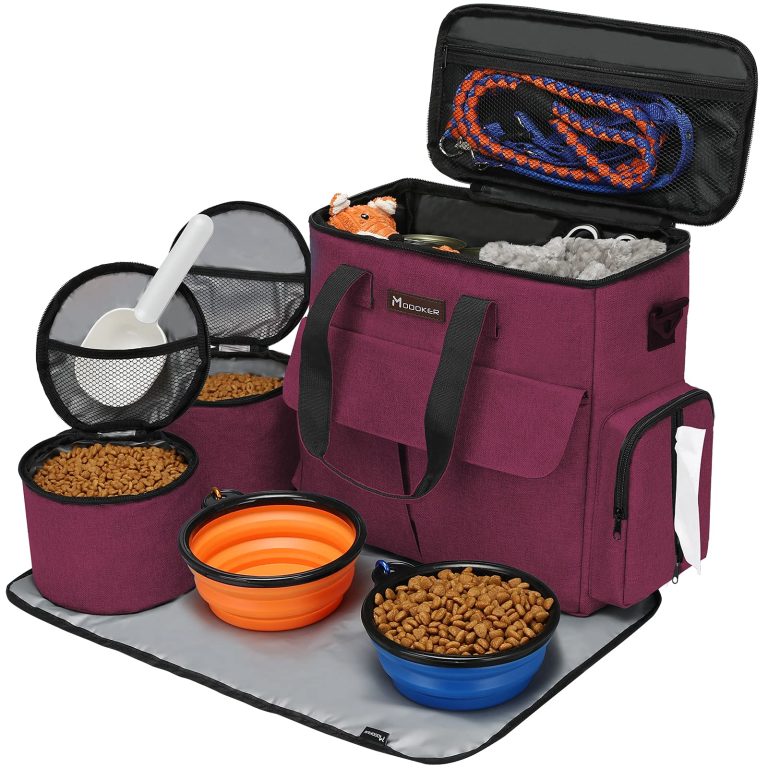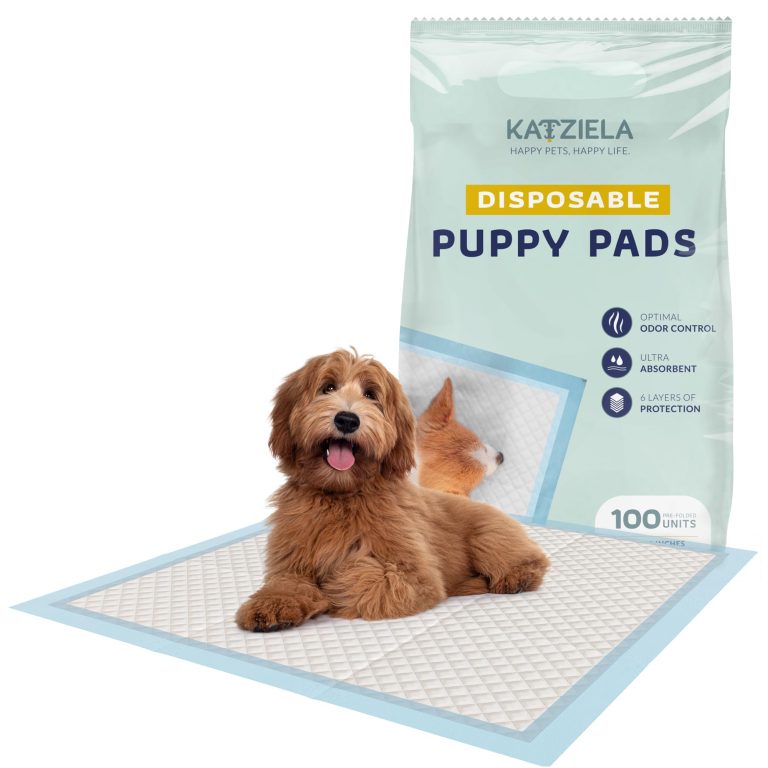Are Vegan Diets Safe for Dogs?

Nutritional needs of canines
When we talk about our furry friends and their eating habits, getting their nutrition right is at the core of ensuring a long, healthy, and happy life. Dogs, like us, thrive on a well-balanced diet. But what does that entail for a canine companion? Understanding their nutritional needs is vital before we tailor their diet, whether it is traditional or plant-based.
First off, protein is a quintessential part of a dog’s diet. It’s the building block for healthy muscles and supports overall growth. Adding to that, dogs need fats. Before you raise your eyebrows, fats are actually good for them! They provide energy and help keep their coats shiny and skin healthy. And, they’re vital for absorbing certain vitamins, which brings us to the next point.
Vitamins and minerals are the unsung heroes in a dog’s diet. They support bone health, nerve function, and even contribute to hormone regulation. Calcium and phosphorus need a shoutout here – these buddies work in tandem to maintain those strong bones and pearly whites.
Let’s not say goodbye to carbohydrates and fiber. While dogs don’t need carbs to survive, they’re a good source of energy and the fiber helps with digestive health. Just consider about it like a morning bowl of oatmeal, but for your pup!
What’s key here is that these nutritional needs can change over a dog’s life. Puppies are full of energy and generally need more protein and calories to support their growth, while seniors might need less of some nutrients and more of others to keep their aging bodies going strong. Plus, the size and breed of your dog can play a role. A tiny Chihuahua won’t eat the same portions or possibly need the same nutrient balance as, say, a sprawling Great Dane.
With the rise in popularity of homemade diets, it is essential to remember that although they can be healthy, they can also miss the mark on proper nutrition if not carefully researched and balanced. It’s tempting to just give them what we consider is healthy, but dogs have different dietary needs than we do. So, if you are going the DIY route, chatting with a vet or a pet nutritionist is a smart move to make sure your dog’s homemade meals are hitting all the nutritional notes.
Considering all these points, transitioning to a plant-based diet requires us to address these needs with a keen eye. Developing a complete and balanced vegan diet that meets all their nutritional requirements is a testament to our understanding of canine nutrition and our commitment to their well-being.
Benefits of vegan diets for dogs
So, why would anyone consider a vegan diet for their pawed pal? Well, it turns out that a well-planned vegan diet can offer some tail-wagging benefits. One of the key advantages is the potential for an improved digestive system. Plant-based foods are often high in fiber, which is great for keeping things regular in the bowel department. Dogs, like humans, can suffer from digestive issues, and a gentle, fiber-rich diet might just be the solution for a sensitive tummy.
Another perk for pups on vegan diets is often an improvement in coat health. The natural oils found in many plant-based ingredients can lead to a shinier, softer coat. This can be especially noticeable in dogs who previously suffered from itchy skin or dull coats as a result of food sensitivities or allergies related to animal proteins.
Speaking of allergies, eliminating meat can often clear up allergic reactions. Many dogs are allergic to common protein sources like chicken, beef, and dairy. By switching to a vegan diet, you might find your dog scratching less and enjoying life more, as those allergens are left out in the cold.
Then there’s the issue of weight management. Obesity in dogs is a growing problem, pun intended. Vegan diets tend to be lower in calories and fat compared to their meaty counterparts, which can help furry friends stay lean and healthy. As in any diet, portion control and monitoring are important, but plants typically bring fewer calories to the bowl.
In addition to these health benefits, there’s the environmental pawprint to ponder. A vegan diet for your dog can be more sustainable and have a lower ecological impact. By reducing the demand for animal-based products, you’re not only making a decision that is potentially better for your dog but also kinder to our planet.
That being said, it’s essential to approach the change with caution and knowledge. While benefits are aplenty, the switch should be made with care to ensure your dog’s new diet is complete and balanced. Consulting with a veterinarian or pet nutritionist is always recommended. They can guide you through the transition and help plan meals that still provide all the essential nutrients dogs would otherwise get from animal products.
Let’s face it: watching our pups bound around full of energy, flaunting their glossy coats, and having fewer health issues puts a smile on any pet owner’s face. And if a vegan diet can be part of your secret recipe for canine happiness, it’s worth considering and exploring with some professional guidance. Just remember, every dog is unique and what might be a banquet for one could be less than stellar for another. Choosing a diet for your dog should always be about what’s best for them, tailored to their individual needs.

Potential risks and considerations
While the concept of a vegan diet for dogs might seem all rosy and bright, there are some potential risks and considerations that must not be ignored. Without proper planning, a plant-based diet could leave your pooch missing out on some essential nutrients. Vitamin deficiencies, particularly B vitamins such as B12, which is naturally found in meat, can be a real concern. And, if you’re thinking about the big “P”—protein—keep in mind that while plants do contain protein, it’s not always the complete form that dogs can easily utilize.
Moving on to amino acids, they’re the building blocks of protein, and there’s a bunch of them that dogs need. Things like taurine and L-carnitine are critical and they’re not abundant in plants. For this reason, supplements might need to play a part in a vegan dog’s diet. But it is not as easy as just chucking a pill into their bowl and being done with it; the balance is delicate and getting it wrong could spell trouble for your dog’s health.
Let’s chew on another point—mineral balance. Sure, vegan diets can be rich in certain minerals, but the bioavailability to dogs may differ. Canines require a balanced amount of calcium to phosphorus, and tipping this scale incorrectly, especially with home-prepared meals, can cause bone and tooth issues that nobody wants for their fur baby.
Fats are also a slippery slope in a vegan canine diet. Dogs need certain fatty acids that they cannot produce themselves, like omega-3 and omega-6. While these can come from plant sources, they aren’t as efficiently converted by doggy digestive systems as those from fish oils or animal fats. Sourcing the right type and amount requires a bit of savvy and might include using flaxseed oil or other plant-based supplements.
And there’s something else this is often brushed under the rug—palatability. Dogs, like us, have taste preferences and a vegan diet might not tickle their taste buds in the same way a juicy piece of meat will. If your dog turns up their nose at their veggie dinner, it might be a long road to finding plant-based meals they’re actually excited to chomp down on!
Homemade diets, while made with love, can sometimes lack the scientific backing that ensures they meet all nutritional needs. Even vegan kibble, which may claim to be “complete”, should be eyed with scrutiny. Make sure it’s gone through the proper testing and meets the Association of American Feed Control Officials (AAFCO) guidelines.
Lastly, it is absolutely critical to take things slow if you’re transitioning to a vegan diet; a sudden switch could upset your dog’s digestive system. Gradually mix in more plant-based foods while reducing meat to give their guts time to adapt. And watch for signs of distress or nutritional deficiencies, such as lethargy, coat dullness, or other health hiccups.
All in all, before you get swept up in the plant-powered trend, take a beat and do your homework. A vegan diet for dogs is not to be taken lightly and it is far from a one-size-fits-all apron. It requires careful consideration, continuous monitoring, and a good dash of professional advice to ensure that your canine companion’s tail keeps wagging healthily on a plant-based regime.
How to properly implement a vegan diet for your dog
Embarking on a vegan journey with your four-legged friend can be both an adventurous and meticulous process. If you’re considering a vegan diet for your dog, the key is in the preparation and knowledge. To get started, first and foremost, consult with your vet or a pet nutritionist. They can guide you in understanding the specific needs of your dog and assess whether a vegan diet is a good fit for your pet.
Once you have the green light from a professional, begin with a high-quality commercial vegan dog food this is nutritionally complete and meets AAFCO standards. These products are formulated to ensure your dog gets the necessary nutrients and take the guesswork out of balancing the diet. Be sure to review the ingredients list and nutritional information to make informed choices.
If you prefer homemade meals or want to supplement commercial vegan dog food, be prepared to put in extra effort to ensure a balanced diet. You’ll need to research each ingredient’s nutritional profile and understand how to combine them to meet your dog’s requirements. This may involve using complementary protein sources to provide all the essential amino acids your dog needs, such as combining grains and legumes.
- Start the transition slowly, over several weeks, by mixing vegan food with their current diet, gradually increasing the proportion of vegan food.
- Keep an eye on any changes in your dog’s energy levels, coat condition, and overall health.
- Regular blood tests and check-ups can help monitor if your dog’s dietary needs are being met and adjust the diet accordingly.
- Ensure all the major nutrients like proteins, amino acids (like taurine and L-carnitine), vitamins (including B12), minerals, and essential fatty acids are present in the correct ratios.
- Supplement as necessary, with the guidance of your vet, to address any nutritional gaps. This might include a vegan source of omega-3 and omega-6, vitamins, and minerals.
Engaging with a community of vegan dog owners can also be beneficial. They can offer support, share recipes, and discuss what works for their dogs. However, always remember what works for one dog may not work for another; individual assessment is key to success.
Finally, as you settle into this new routine, always keep your furry companion’s enjoyment in mind. Experiment with different recipes and textures to find what they love. A vegan diet doesn’t have to be bland—there’s a bounty of vegetables, fruits, grains, and legumes that can provide a culinary festival for your pup’s palate!
Making the switch to a vegan diet for your dog can be a rewarding experience when done correctly. With proper planning, monitoring, and professional guidance, you can provide a diet that supports your dog’s health while aligning with your ethical choices. It is all about creating a balance that ensures your dog is not only surviving on a vegan diet but thriving with vitality and vigor.







